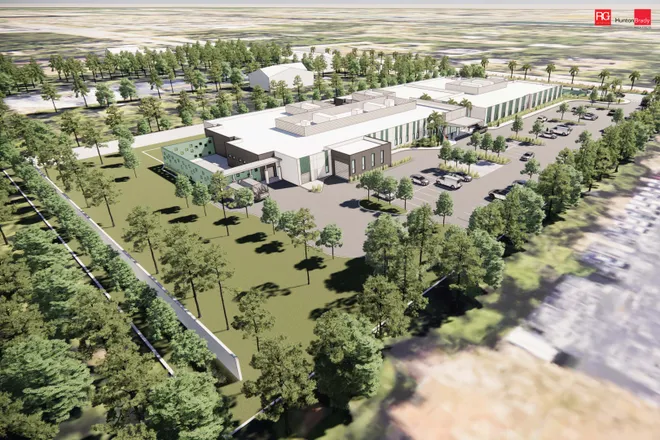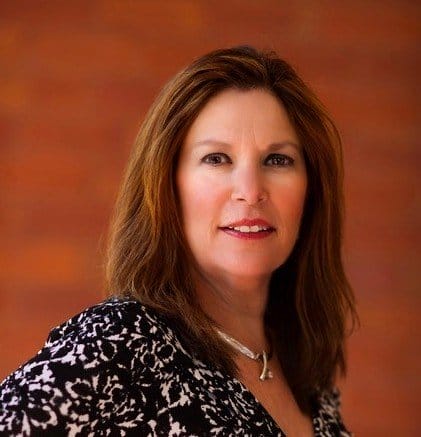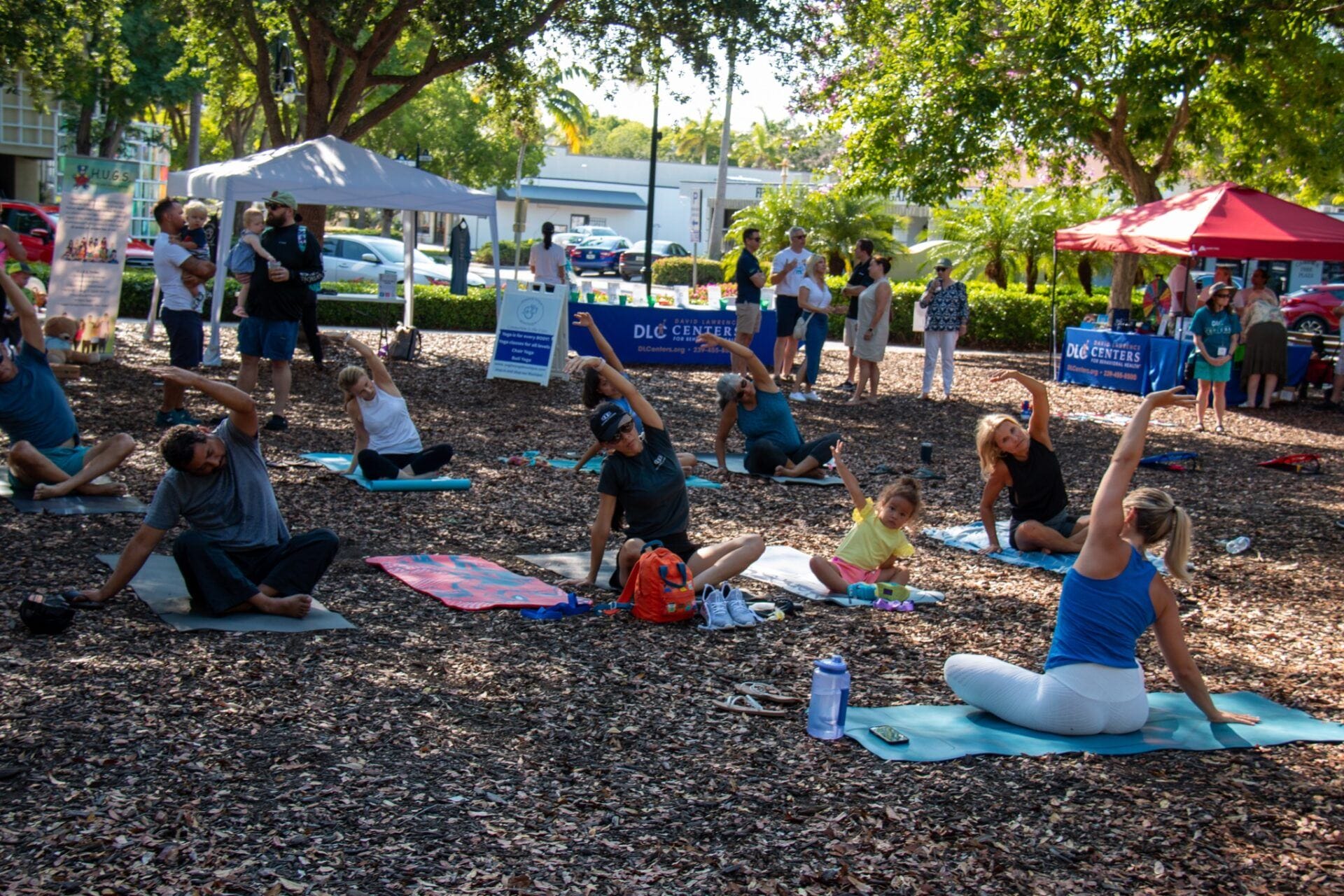
Treatment not jail; ‘yes’ vote invests in mental health, saves for taxpayers
The following commentary, by Scott Burgess, David Lawrence Centers President & CEO, ran in the Naples Daily News on October 11, 2018 (view the article here). Burgess was asked to explain how the new mental health facility proposed as part of a county sales tax referendum would benefit the community.
People with untreated mental illness are more likely to be homeless, jobless, abuse substances and be victims of trauma.
During a mental health or substance-use crisis, people are more likely to encounter police than get medical help. As a result, jails are the largest mental health providers.
In our community, 28 percent of inmates (838 individuals) in the county jail has a mental illness. One hundred of those individuals receive psychiatric medications daily. These inmates stay in jail five times longer than other inmates; they typically don’t get better there but instead worse.
After leaving jail, many no longer have access to needed health care and benefits. A criminal record makes it hard to get a job or housing. Without treatment, they’re often rearrested, creating a cycle that costs taxpayers far more than if they were in treatment.
Collier County is fortunate to have many partners dedicated to identifying and assisting those with mental and substance use challenges. The Sheriff’s Office, David Lawrence Centers (DLC), National Alliance on Mental Illness, medical providers and schools work together to make the most of a system that is woefully short on funding and long on need.
Although Florida ranks 50th in per capita spending for mental health, innovative programs such as crisis intervention training, mental health intervention, law enforcement assisted diversion and treatment courts are having a significant impact on diverting those with mental and substance use disorders from jails and into life-saving treatment.
DLC is the only publicly funded, Baker Act receiving facility in Collier. The Baker Act allows legal and health professionals to involuntarily commit an individual who is a danger to themselves or someone else to a mental health facility for evaluation.
Even after two donor-funded capital expansions in the last five years, DLC still doesn’t have enough beds to keep pace with the demand that our innovative diversion programs are sending. Currently, DLC has 30 crisis beds, eight of which are for children. Under a state formula based on Collier’s exploding population, there should be 100 beds.
Baker Act referrals to the center in 2018 are projected to be over 1,800, and 1,570 of those referrals will be brought by law enforcement. Last year, the lack of beds sent nearly 40 percent of people needing Baker Act care to Lee or Charlotte counties for treatment, which cost more and was less effective.
There is a solution to get a handle on this crisis: Invest in a system for streamlined access to treatment. It is in your hands by voting “yes” for the one-cent sales surtax.
If the surtax passes, $25 million will be invested in a proposed 55,000-square-foot central receiving center for voluntary and involuntary patients. In addition to expanding treatment and emergency observation beds for the Baker Act, the plan would allow DLC to become a potential Marchman Act receiving facility for those similar individuals battling a substance-use problem, a function the county jail now provides.
The receiving center would give people seeking help voluntarily a place to go other than an emergency room, where there are long waits for patients and a higher cost. People can more quickly be assessed for proper assistance. Deputies will no longer have to wait for individuals to be assessed and can return to road patrol. The vision also includes expanding inpatient detox and residential substance-use treatment beds.
Suicide, homicide and deaths induced by drugs and alcohol are the leading causes of death for teens and young adults. Untreated mental illness and addiction are killing our loved ones, devastating families and straining the capacity of law enforcement and health systems.
This isn’t just about saving taxpayers money. A “yes” vote will improve public safety and save lives.
— Scott Burgess, President and CEO of the David Lawrence Centers.
Oct 12, 2018 | Blog, Mental Health



